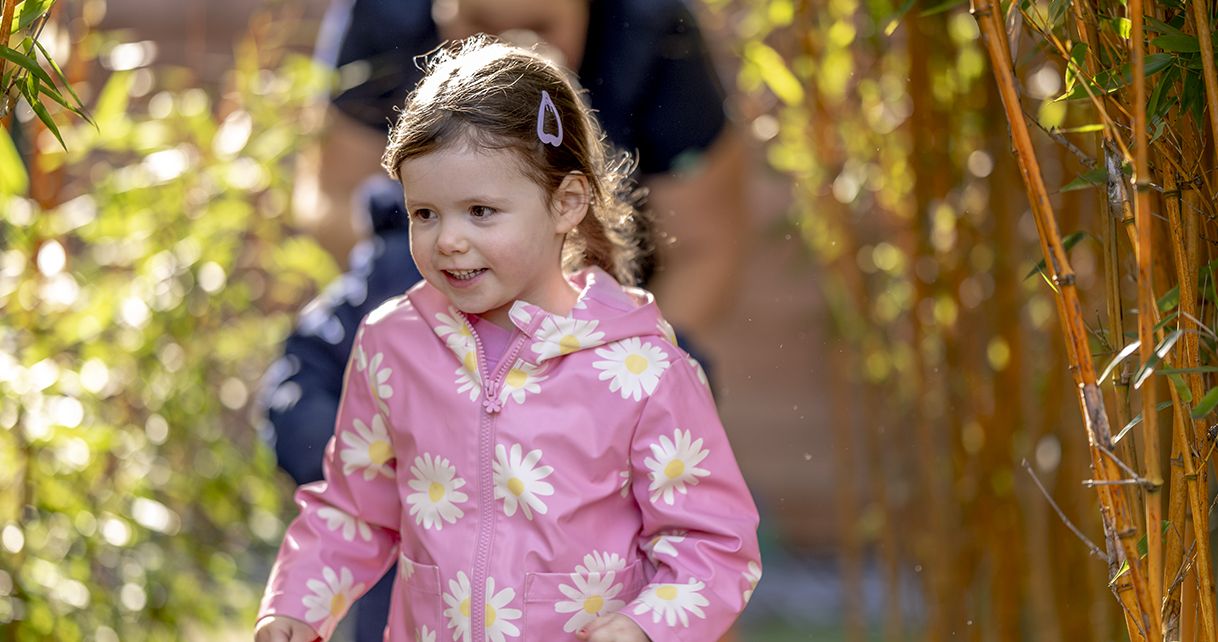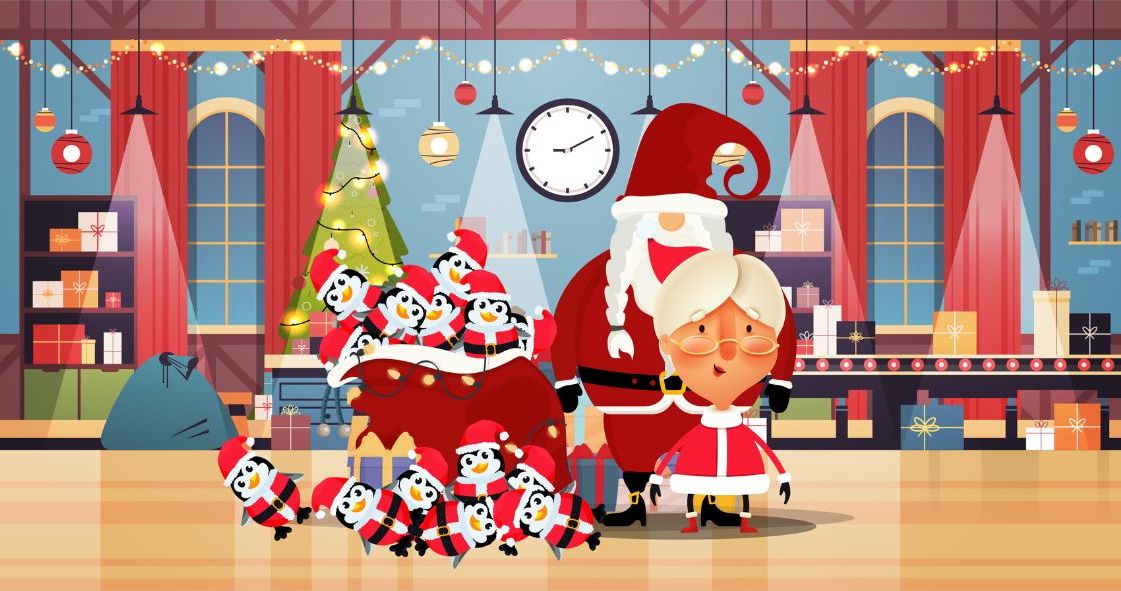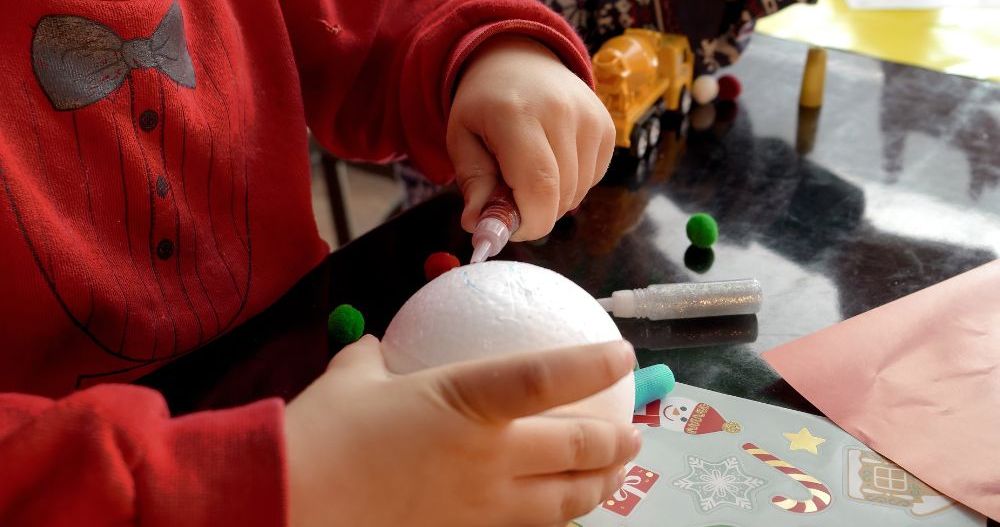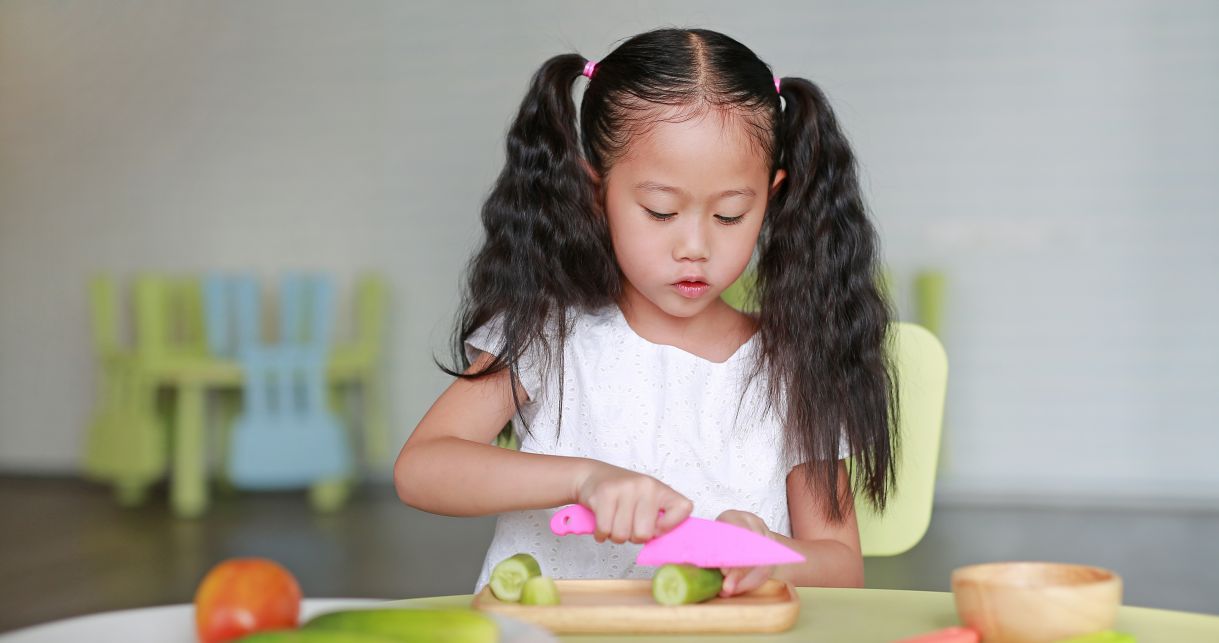min read
min read
min read
min read
This week it’s Children’s Book Week (7-13 November). We’re sharing our top tips to support your child’s pre-reading skills and how to encourage them to develop a love for reading.
Show your child you are enthusiastic about reading. Children will tell a huge amount from your body language and tone of voice and will quickly pick it up if you look or sound bored.
Think about how to inject some fun into the story by doing funny voices for different characters in the story or changing your tone of voice. Don’t worry about looking or sounding silly - your child will love the effort you are putting in and you will have lots of fun together!
Reading rhyming stories such as ‘The Gruffalo’ or ‘Each Peach Pear Plum’ will support your child’s pre-literacy skills. Rhyming helps children understand how language works and hear the sounds within words. It also gives them an understanding of pattern, rhythm and understanding that words have common sounds. These are all important skills for children to have before they start to learn to write.
When you are sharing rhyming stories, over emphasise the rhyming words when reading aloud so children can hear the similarities in the sounds.
When sharing stories with your child, encourage them to tell you what they think is happening in the pictures. This supports their comprehension skills. There are many wonderful wordless books that encourage you to tell the whole story from just the pictures. Some of our favourites include:
Ask children interesting open-ended questions about the story such as “what do you think would happen if the three bears had gone to Goldilocks’ house? rather than questions you know they know the answers to such as “what colour is the bus?”.
Asking open-ended questions not only supports their critical thinking and imaginative skills but can also support children’s self-esteem and social skills. It also supports two-way interactions and can help develop your relationship with your child.
For younger children, commenting on the story can be as valuable as asking a question i.e. “There goes that monkey up the tree again”. This allows your child to hear the language and develop an understanding of words without putting pressure on them to speak.
Sometimes using props with a story can help enhance the experience for your child. This could be as simple as your child holding their teddy when reading a story such as “That’s not my bear”. Why not try using puppets which can be made from lolly sticks, paper plates or wooden spoons? Both making and using puppets will help develop your child’s fine motor skills.
At Busy Bees, our children benefit from a dedicated book corner with a variety of fiction and non-fiction stories. Many of our nurseries have lending libraries so you can borrow these stories to share with your child at home.
If you’re an existing Busy Bees parent, don’t forget to check out UP at Busy Bees – Unleashing Potential for more reading tips and book recommendations.
by
Published: 07/11/2022
Share Blog

by Busy Bees 26/01/2026
10 min read

by Busy Bees 01/12/2025
5 min read

by Busy Bees 01/12/2025
5 min read

by Busy Bees 27/11/2025
6 min read

by Busy Bees 25/11/2025
7 min read